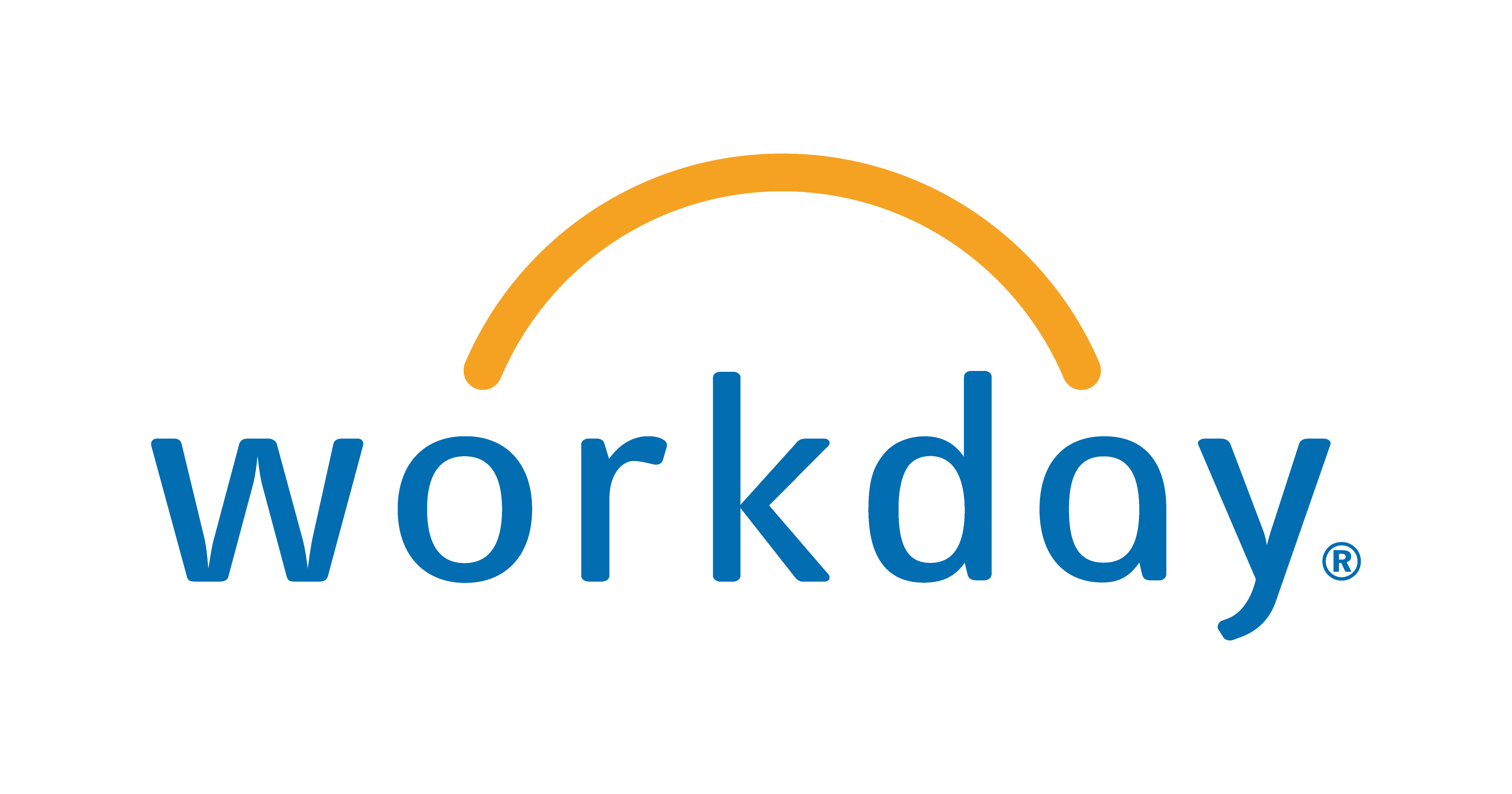
Earnings Per Share (EPS) of $1.89 exceeded the estimated $1.76, marking a significant year-over-year improvement.
Revenue reached $2.16 billion, surpassing estimates and indicating a 15.8% increase from the previous year.
Financial Health is solid with a P/E ratio of approximately 44.19 and a current ratio of about 2.05.
Workday, Inc. (NASDAQ: WDAY) is a prominent player in the enterprise cloud applications sector, specializing in financial management and human capital management software. Competing with firms like Oracle and SAP, Workday has carved out a niche with its innovative solutions. The company’s recent financial performance underscores its strong market position and ability to exceed expectations.
On November 26, 2024, Workday reported earnings per share (EPS) of $1.89, surpassing the estimated $1.76. This represents a significant improvement from the $1.53 EPS recorded in the same quarter last year, as highlighted by Zacks. The earnings surprise for this quarter stands at 9.88%, showcasing Workday’s consistent ability to outperform Wall Street expectations.
Workday’s revenue for the quarter ending October 2024 reached $2.16 billion, exceeding the Zacks Consensus Estimate of $2.13 billion by 1.57%. This marks a 15.8% increase compared to the same period last year, demonstrating the company’s robust growth trajectory. Workday has consistently surpassed consensus revenue estimates over the past four quarters, reinforcing its strong market presence.
CEO Carl Eschenbach attributes Workday’s success to customer trust, AI-driven innovations, and a robust partner ecosystem. The company’s subscription revenues also rose by 15.8%, reaching $1.959 billion. This growth reflects organizations’ increasing reliance on Workday’s platform to streamline operations and leverage advanced AI solutions.
Workday’s financial metrics further highlight its market valuation. With a price-to-earnings (P/E) ratio of approximately 44.19 and a price-to-sales ratio of about 8.82, the market values Workday’s earnings and revenue highly. The company’s low debt-to-equity ratio of 0.044 indicates a conservative approach to leveraging, while a current ratio of approximately 2.05 suggests strong short-term financial health.

